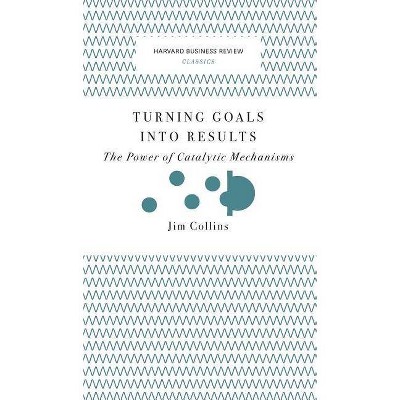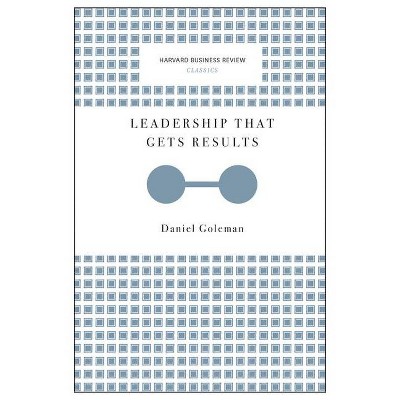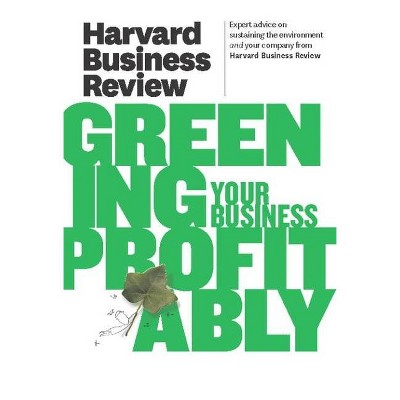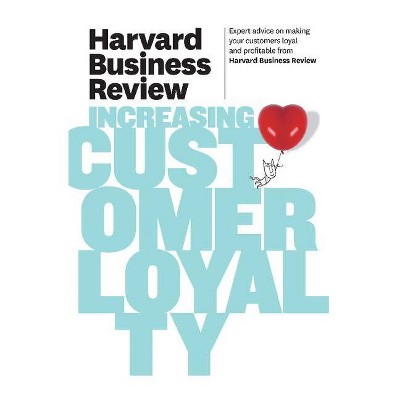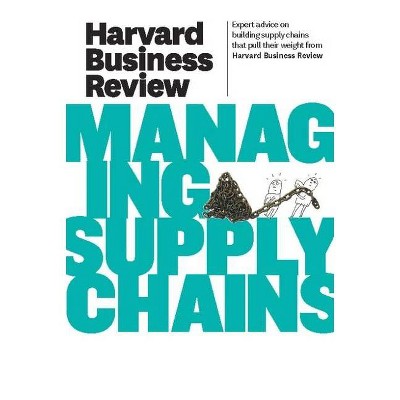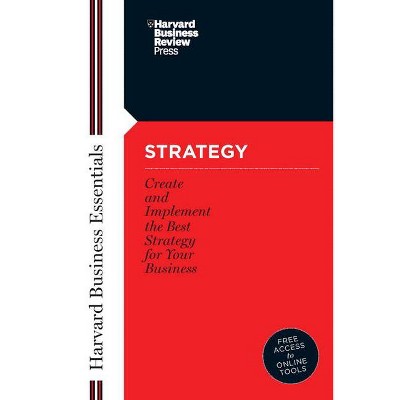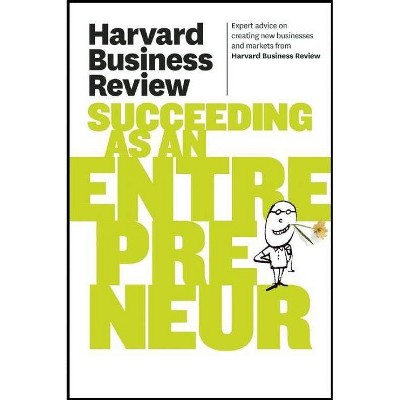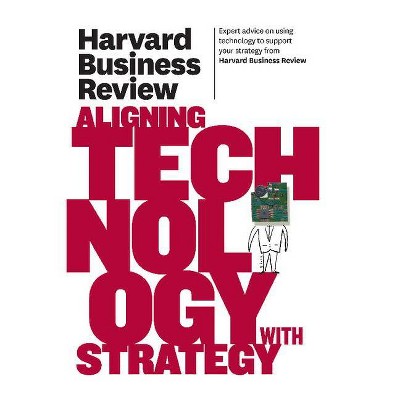Turning Goals Into Results - (Harvard Business Review Classics) by Jim Collins (Paperback)
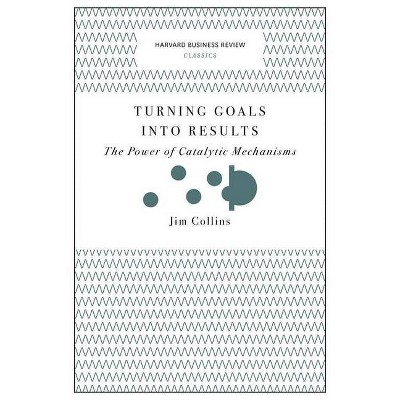
Similar Products
Products of same category from the store
AllProduct info
<p/><br></br><p><b> About the Book </b></p></br></br>Most executives have a big, hairy, audacious goal. They write vision statements, formalize procedures, and develop complicated incentive programs--all in pursuit of that goal. In other words, with the best of intentions, they install layers of stultifying bureaucracy. But it doesn't have to be that way. In this book, Jim Collins introduces the catalytic mechanism, a simple yet powerful managerial tool that helps translate lofty aspirations into concrete reality. Catalytic mechanisms, the crucial link between objectives and performance, are a galvanizing, nonbureaucractic means to turn one into the other. What's the difference between catalytic mechanisms and most traditional managerial controls? Catalytic mechanisms share five characteristics: (1) they produce desired results in unpredictable ways; (2) they distribute power for the benefit of the overall system, often to the discomfort of those who traditionally hold power; (3) catalytic mechanisms have teeth; (4) they eject "viruses"--those people who don't share the company's core values; and (5) they produce an ongoing effect. To illustrate how catalytic mechanisms work, the author draws on examples of individuals and organizations that have relied on such mechanisms to achieve their goals. The same catalytic mechanism that works in one organization, however, won't necessarily work in another. Catalytic mechanisms must be tailored to specific goals and situations. To help readers get started, Collins offers some general principles that support the process of building catalytic mechanisms effectively.--<p/><br></br><p><b> Book Synopsis </b></p></br></br><p>Most executives have a big, hairy, audacious goal. But they install layers of stultifying bureaucracy that prevent them from realizing it. In this article, Jim Collins introduces the <i>catalytic mechanism</i>, a simple yet powerful managerial tool that helps turn lofty aspirations into reality. The crucial link between objectives and results, this tool is a galvanizing, nonbureaucratic way to turn one into the other. But the same catalytic mechanism that works in one organization won't necessarily work in another. So, to help readers get started, Collins offers some general principles that support the process of building one effectively.</p><p>Since 1922, <i>Harvard Business Review</i> has been a leading source of breakthrough ideas in management practice. The <i>Harvard Business Review</i> Classics series now offers you the opportunity to make these seminal pieces a part of your permanent management library. Each highly readable volume contains a groundbreaking idea that continues to shape best practices and inspire countless managers around the world.</p><p/><br></br><p><b> About the Author </b></p></br></br><p><b>Jim Collins</b> is the bestselling author of "Building Your Company's Vision" (<i>Harvard Business Review</i> article, September-October 1996) and is author or coauthor of six books that have sold in total more than ten million copies worldwide, including the bestsellers <i>Good to Great</i>, <i>Built to Last</i>, and <i>How the Mighty Fall</i>. Jim began his research and teaching career on the faculty at Stanford Graduate School of Business, where he received the Distinguished Teaching Award in 1992. He now operates a management laboratory in Boulder, Colorado, where he conducts research, teaches, and consults with executives from the corporate and social sectors.</p><p>Author social media/website info: jimcollins.com</p>
Price History
Cheapest price in the interval: 7.99 on October 22, 2021
Most expensive price in the interval: 7.99 on December 20, 2021
Price Archive shows prices from various stores, lets you see history and find the cheapest. There is no actual sale on the website. For all support, inquiry and suggestion messages communication@pricearchive.us
